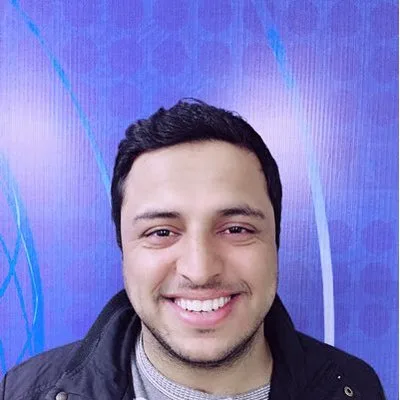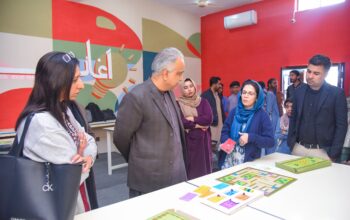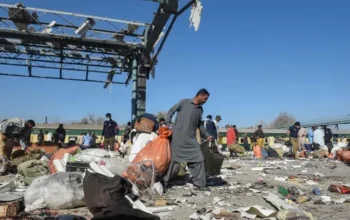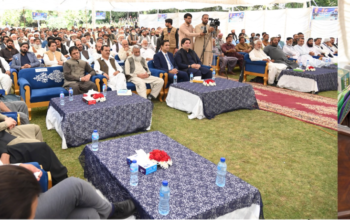Human trafficking is a serious issue that affects millions of people worldwide, including Pakistan. It is a complex problem that involves a range of criminal activities, including recruitment, transportation, transfer, and exploitation of people for labor or sexual purposes.
In Pakistan, human trafficking is a growing concern that requires urgent attention and action from the government and civil society organizations.
The problem of human trafficking is complex and multifaceted, with numerous underlying factors contributing to its existence. Poverty, inequality, and social exclusion are some of the key drivers of trafficking, particularly in developing countries where people are vulnerable to exploitation due to lack of education, economic opportunities, and social protection.
Human trafficking is a lucrative business, generating billions of dollars in profits for criminal organizations and individuals. Traffickers use a range of tactics to recruit and exploit their victims, including false promises of employment or education, debt bondage, and physical and emotional abuse. Once they are trapped, victims are forced to work long hours in hazardous conditions, with little or no pay, and no way to escape.
Human trafficking in Pakistan
Pakistan is a source, transit, and destination country for human trafficking. The country is located at the crossroads of major trafficking routes that connect South Asia, the Middle East, and Europe. Traffickers take advantage of Pakistan’s porous borders, weak law enforcement, and poverty to recruit and transport people to other countries, where they are subjected to forced labor, sexual exploitation, and other forms of abuse.
The victims of human trafficking in Pakistan come from all walks of life, but the most vulnerable groups are women, children, and minorities. Women and girls are often lured into trafficking through false promises of marriage, employment, or education. Once they are trapped, they are forced into prostitution, domestic servitude, or other forms of labor, and they are subjected to physical and sexual abuse. Children are also targeted for trafficking, particularly for forced labor in agriculture, brick kilns, or other industries.
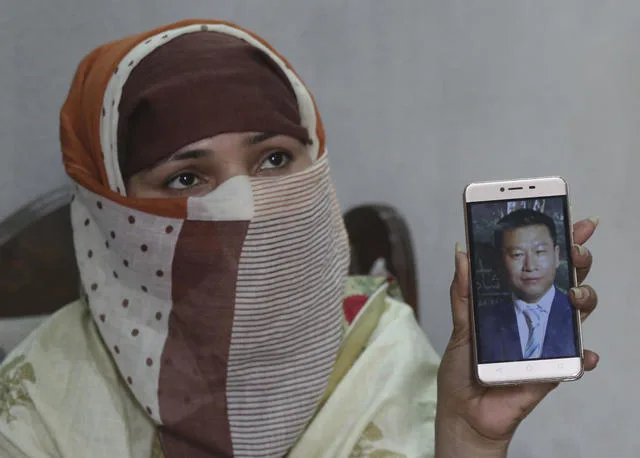
Steps Taken
The government of Pakistan has taken steps to address the problem of human trafficking. In 2018, the government passed the Prevention of Trafficking in Persons Act, which provides a legal framework for combating trafficking and protecting the rights of victims. The law establishes harsh penalties for traffickers and provides support and assistance to victims, including medical and psychological care, legal aid, and reintegration services.
However, despite these efforts, human trafficking remains a significant challenge in Pakistan. The problem is exacerbated by corruption, weak law enforcement, and inadequate victim support services. Many victims are afraid to come forward and report their traffickers due to fear of retaliation or stigmatization. The lack of effective monitoring and enforcement mechanisms also allows traffickers to operate with impunity.
The concepts of smuggling and trafficking have to be clearly distinguished in print and electronic media. The press reports, articles, and interviews must be very categorical to sensitize the public on the issue rightly. The training for journalists and academia on the difference between trafficking in persons and smuggling of migrants can also be beneficial. The concepts of “human smuggling” and “human trafficking” are distinct from each other. The key difference between the two is freedom of choice.
The first, unlike trafficking, does not involve the element of coercion, and it is always transnational; in other words, it requires a person willingly enter into an agreement to gain illegal entry into a foreign country.
How to address this menace
To address the issue of human trafficking in Pakistan, a comprehensive and multi-sectoral approach is needed. The government needs to strengthen law enforcement, including border controls and investigations, and ensure that traffickers are brought to justice. The government should also prioritize victim protection and support, including safe shelters, counseling, and education and vocational training.
Civil society organizations also play a crucial role in addressing human trafficking in Pakistan. They can provide community-based prevention and awareness-raising activities, as well as advocacy and support services for victims. Public education and awareness campaigns can also help to change societal attitudes and reduce the demand for trafficking.
In conclusion, human trafficking is a grave violation of human rights and a complex problem that requires a concerted effort from all stakeholders. In Pakistan, the government and civil society organizations must work together to prevent trafficking, protect victims, and bring traffickers to justice. Only through a collective effort can we ensure a future free from human trafficking in Pakistan and around the world.
There must be a central database to perform data analysis and to share information regularly with law enforcement agencies. FIA, Provincial Police, Police Training Colleges, Social Welfare Department, Labor Department, Child Protection Bureau, and Academia can closely coordinate for capacity building and information sharing on HTMS.
The relevant stakeholders have to comprehend the scope and size of this problem, contributing factors, and current response so that more effective initiatives can be taken to end such vicious forms of human exploitation.


